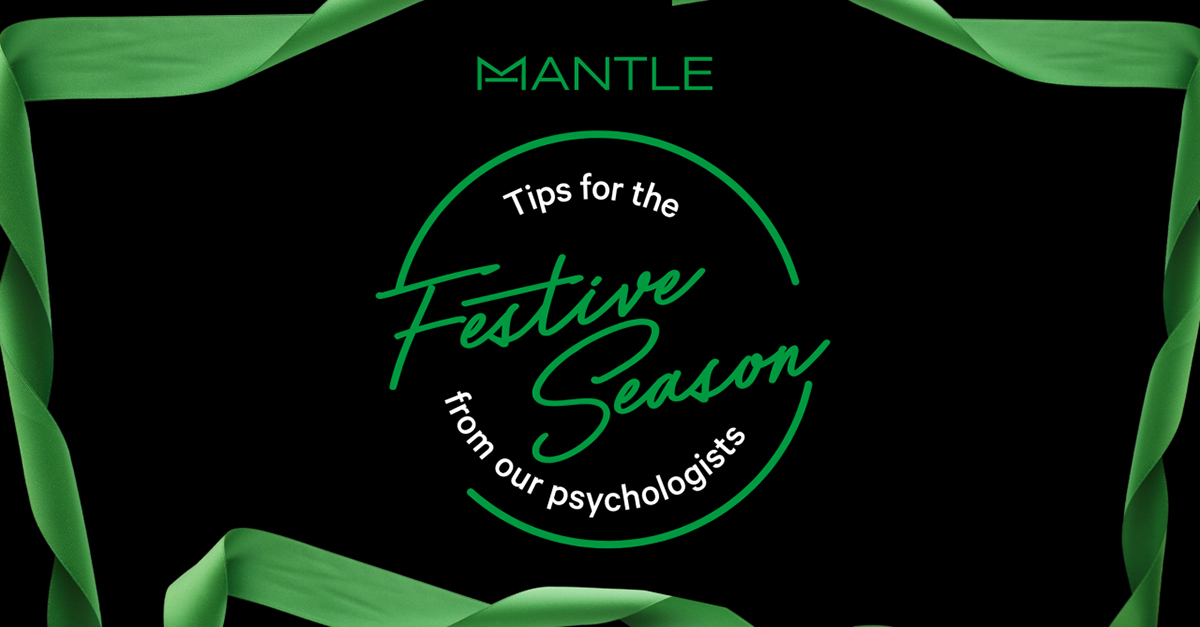Depression is different from feeling a bit flat, a bit sad, a bit off. It is persistent (“why can’t I get rid of this?”), causes distress (“I’m sick of feeling like this”) and interferes with your work life, family life, social life and, overall, your ability to have a good time.
Let’s face it, life can be really shit at times, and the symptoms of depression in men described below can be part of life’s normal ups and downs. But if they are seeming relentless and stopping you from doing what you need or want to do and impacting your quality of life, it could be a sign you’re dealing with the depression.
Symptoms of depression that anyone can experience include:
– You often feel down or sad for prolonged periods. Typically, two weeks or
more.
– You feel drained, generally fatigued, unmotivated or don’t have the energy for daily tasks. Some people with depression find they stop going to the gym, shaving, washing themselves properly, or can’t get out of bed.
– Hobbies or things you typically enjoy just don’t do it for you anymore.
– You’re having trouble getting to sleep or you’re sleeping a lot more.
– You’ve lost your appetite, or you’re suddenly eating too much.
– You’ve got intrusive thoughts that interfere with your ability to get through the day. Some people living with depression report ‘feeling worthless, hopeless, useless’
– You find you’re unexpectedly crying or feeling down for no reason.
– Thoughts of suicide have entered your mind, or you have engaged in self- harm. (Note: If you’re having thoughts of suicide currently, you should contact someone immediately if there is a risk of harm to yourself or someone else.
Lifeline – 13 11 14 – is a solid starting point if you need help right now).
Extending on the above, the sometimes overlooked symptoms of depression in men include:
– Mismatch between experience (loss, rejection) and the emotions that you experience/express (withdrawal, anger)
– Avoiding dealing with the emotions using distraction (incl. excessive work, gaming, pornography or online activity)
– Increased reliance on drugs/alcohol to distract, avoid or numb distress, or feel ‘normal’
– Increased anger and/or interpersonal conflict (may include withdrawal or interpersonal violence)
– Increased aches and pains and physical health complaints
– Increased recklessness (e.g. dangerous driving), or not caring about the consequences of your actions.
Still unsure if you might be depressed? Complete the wellbeing self-check questionnaire now, noting the lower your overall score, the increased likelihood that you are experiencing a depressive episode. Please bear in mind your results on this self-check should only be used as a guide and are not some bullet-proof, water-tight diagnostic tool. Leave any formal diagnosis to a qualified mental health professional.
SELF-CHECK: CLICK HERE
If you’d rather not do the self-check but can relate to some of the symptoms above, we encourage you to TAKE ACTION and reach out to a mental health professional – the experienced team of psychologists at Mantle are available: link to book an appointment.
Also, please understand that depression is treatable. Use your results, particularly if they suggest you might be struggling, as a launching pad to get the help you may need. Take action – if you change nothing, nothing will change!






